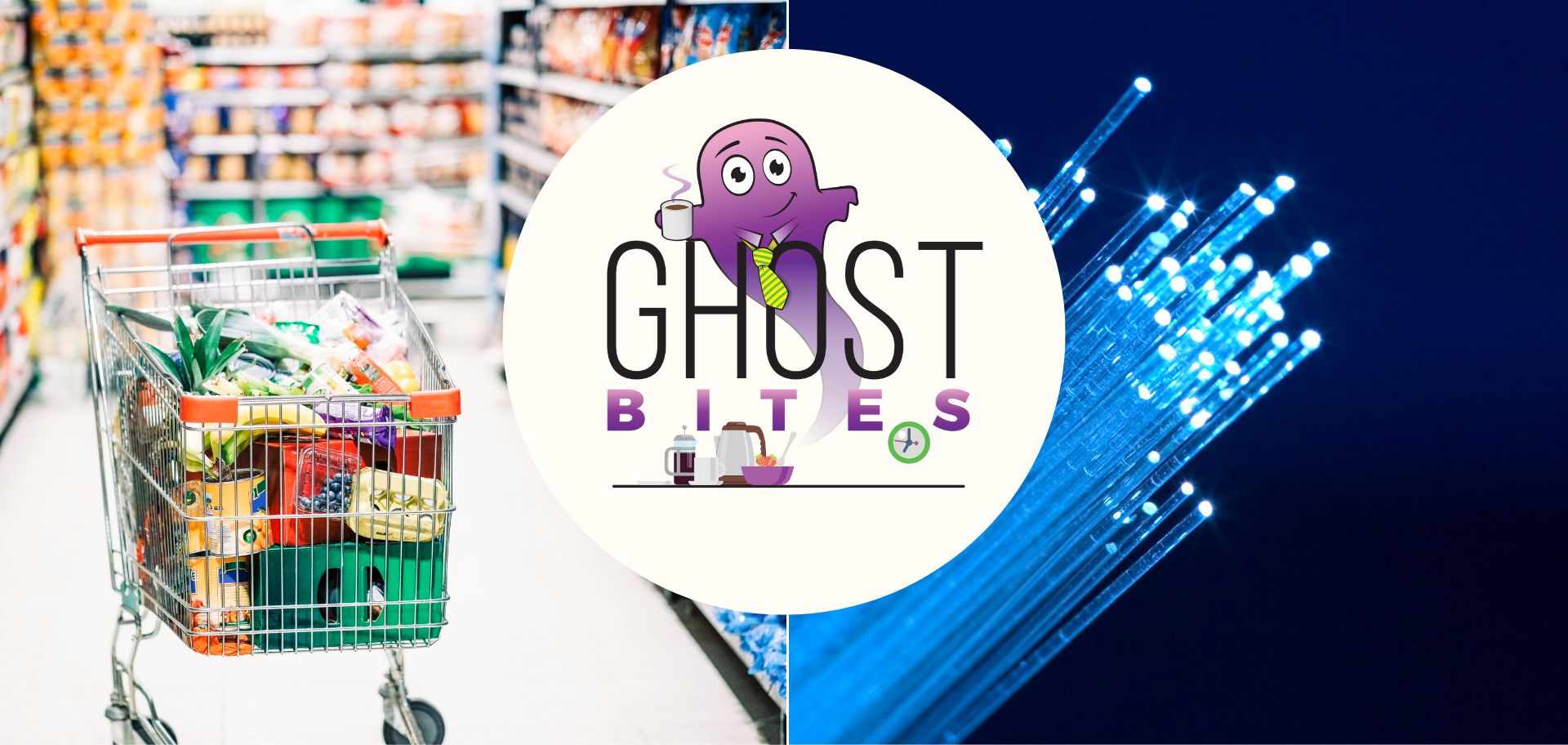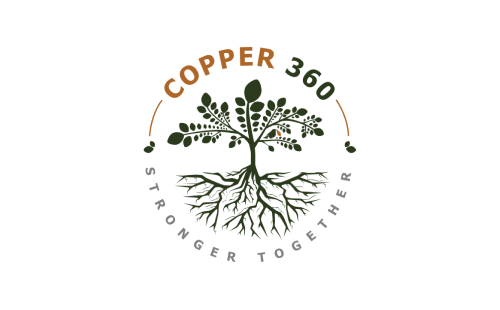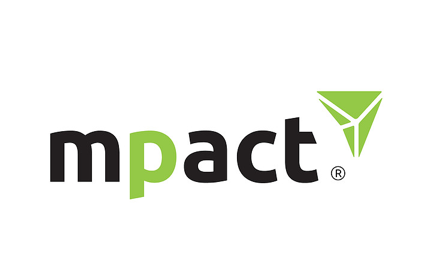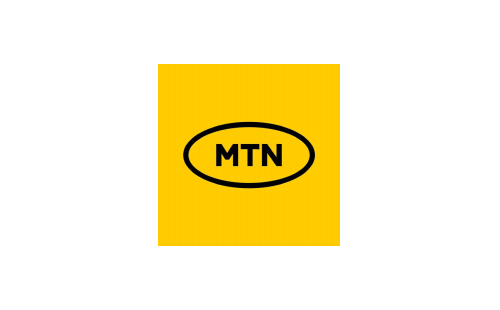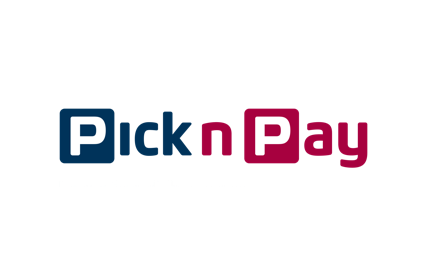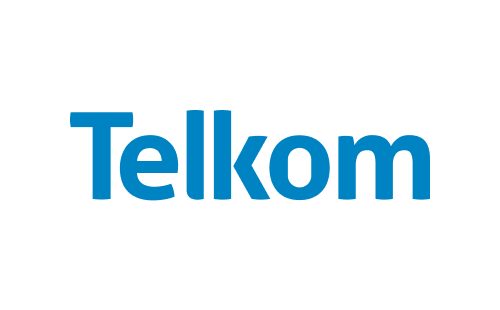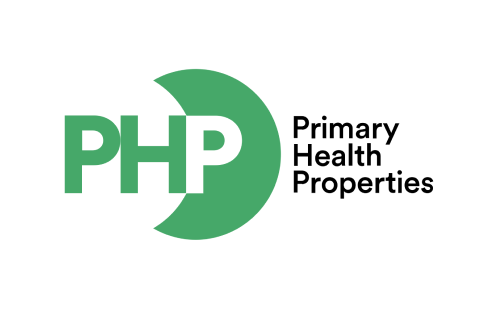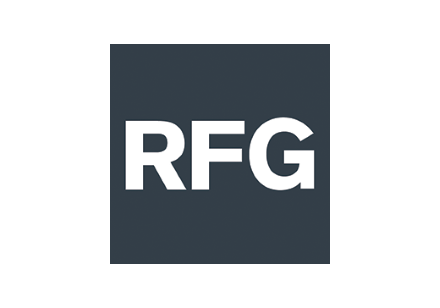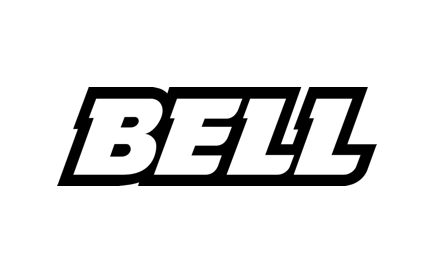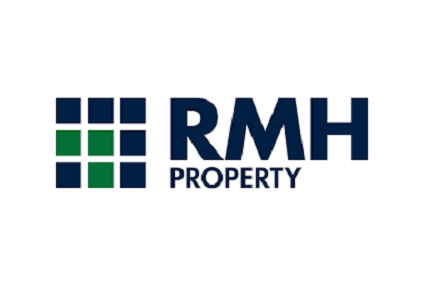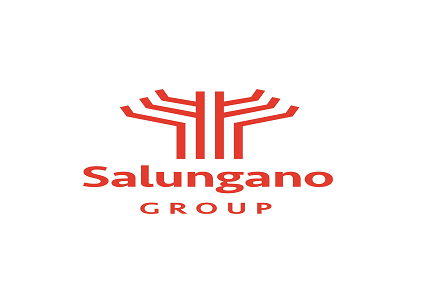Get the latest recap of JSE news in the Ghost Wrap podcast, brought to you by Mazars:
Copper 360 has started mining at Rietberg Mine (JSE: CPR)
This is the first time in over four decades that copper is being mined in the O’Kiep Copper District
Copper 360 announced that underground mining operations have commenced at Rietberg Mine in the Northern Cape. The target for the first month is 12,000 tonnes, which will increase over 4 months to 45,000 tonnes per month. They are targeting plant recoveries of 75% to 85%, with previous tests suggesting that 92% might be possible.
In other words, they are setting realistic targets against the backdrop of the excitement that copper is finally being mined in the O’Kiep Copper District once more. Rietberg was previously closed in 1983 and has significant copper reserves.
Copper 360 is following what it calls a Cluster Mining Model, with plans to re-open historically dormant mines in the area that have defined ore-bodies and established underground infrastructure. They have identified 12 mines and 60 historical prospects across their mining right, each with a comprehensive dataset.
You would expect the share price to jump at this update, yet it was trading 7% lower in late afternoon trade on a risk-off day for markets.
Mpact won’t look back on this period with much joy (JSE: MPT)
An increase in paper volumes would do wonders for them
Mpact has released results for the six months to June. It’s quite interesting to see them trying to focus on growth in the NAV in this period, which isn’t a performance metric that I would typically associate with a company like this. The real story is that revenue from continuing operations is down 1.1%, with the paper business driving the downturn.
In a business with high fixed costs like this, a dip in revenue is really problematic for revenues, especially when it comes from lower volumes. This leads to an under-recovery of overheads, with unused capacity costing money and not generating profits. Underlying operating profit fell by 20.4% for the period, suffering from the lower volumes as well as higher depreciation from major projects in 2023.
Return on capital employed for total operations fell from 18.8% to 14.4%, with capital expenditure on major projects still underway. Hopefully, the cycle will improve for Mpact as the projects are finalised, driving much better returns in future. There’s obviously no guarantee of this.
Looking deeper, Paper Manufacturing achieved flat volumes as export sales improved and domestic sales faltered. Production downtime due to disappointing demand was 13% of capacity during the period, which explains the drop in profits in the paper division. Paper Converting added to the challenge by suffering a 1.4% decline in volumes. For Paper as a whole, revenue was down 3.3% and underlying operating profit fell by 27.6% to R397 million.
The Plastics business saw revenue increase by a meaty 10.6%, with volumes up 2.7% thanks to recent product investments. Despite the substantial improvement in revenue, operating profit was only flat year-on-year. They continue to invest here, including an acquisition of a 30% stake in Africa Tanks (of the plastic water variety) for R73 million.
After a period of capital expenditure, net debt has increased significantly from R2.66 billion as at December 2023 to R3.23 billion. Net finance costs increased by 12% year-on-year. The Versapak disposal for R268 million is expected to close in the second half of 2024. Unsurprisingly, Mpact will apply those proceeds towards reduction of debt.
Despite all the feel-good stuff around the GNU and expected improvements in local conditions, Mpact still expects full year earnings to be “under pressure relative to last year” – in other words, earnings will be down year-on-year even if they have a solid second half. The Plastics business is doing the heavy lifting at the moment, with Paper suffering from lower average selling prices.
There’s still an interim dividend despite all the challenges, showing that the business is still in good shape overall. At 30 cents per share, it’s 33.3% down on the comparative period of 45 cents per share.
MTN Uganda is one of the better African stories (JSE: MTN)
Like in Ghana, the business in Uganda shows what is possible
If only MTN’s story in Nigeria was anything like they are experiencing in Ghana and Uganda. Alas, Nigeria is large enough to ruin basically the entire story, even though other subsidiaries show us that there can be good reasons to do business in Africa.
MTN Uganda has released numbers for the six months to June. They reflect service revenue growth of 20.4%at a time when inflation was only 3.4%, so that’s an excellent outcome. If you can believe it, the Uganda shilling actually improved against the dollar by 2% over the six months, so it’s an particularly good result by global currency standards.
EBITDA increased by 22.4%, which means that EBITDA margin increased by 90 basis points to 51.5%. By the time we reach profit after tax, the increase is 29.7%. The cash flow story looks great as well, as capex was only 8.6% higher.
These are genuinely strong numbers, which makes the situation in Nigeria even more depressing.
The Pick n Pay rights offer structure worked – the underwriters got nothing (JSE: PIK)
The banks never wanted to own the shares anyway
Pick n Pay has released the results of its rights offer and the outcome is a great example of corporate finance in practice. In a rights offer, there are various structuring tricks available to either encourage or discourage the market from taking up the shares. It all depends on whether the underwriters actually want the shares or not.
In this case, the underwriters were the banks. They certainly didn’t want to end up owning the shares, but they needed to help support the raise to protect other exposures they might have. They were also only too happy to earn underwriting fees along the way. To encourage the market to take up the shares, the offer was at a heavily discounted price and excess applications were allowed, which means investors could take up more than their pro-rate entitlement.
If not for excess applications, only 98.7% of the rights offer shares would’ve been taken up – still a surprisingly strong outcome. Here’s the real kicker though: they received excess applications for 107.2% of the total shares being offered, which means there was vastly more demand for shares than supply. They could’ve filled the entire offer just from excess applications! Those who applied for excess shares therefore didn’t get anywhere near the full allocation they hoped for, as the remaining 1.3% had to be split among them fairly.
By all accounts, this was a successful rights offer – especially for the underwriters who ended up collecting fees without being stuck with the shares. It turns out that they were the Smart Shoppers after all.
Telkom’s earnings growth for Q1 is excellent, but beware the base effect (JSE: TKG)
The group has warned against extrapolating the Q1 growth rate for the full year
For the first quarter of 2024, Telkom managed to grow group EBITDA by an impressive 24.1%, a number that looks even better in the context of 3.9% revenue growth. The group is quick to point out that Q1 last year was a soft base, with much tougher comparatives for the rest of this year. In other words, don’t assume that this growth rate is going to carry on for the rest of 2024.
The Telkom Mobile business saw a particularly strong jump, with revenue up 5.3% and EBITDA up 35.7%. The number of mobile subscribers increased by 14.6% to over 21 million. As a reminder that the telecoms industry is a treadmill of note when it comes to pricing, mobile data traffic increased by 25.8% but mobile revenue only grew by 12.9%. The problem for these companies is that their services keep getting cheaper over time, rather than more expensive.
At Openserve, fixed data revenue grew 7.1% and EBITDA was up 16.8%. This is despite total Openserve revenue dipping by 2.4% thanks to voice and legacy revenue going backwards. The EBITDA performance was thanks to a huge decrease in diesel spend, as load shedding was practically non-existent in this quarter vs. the base period.
Over at BCX, revenue was up just 2.4% as this business continued to struggle. The IT hardware and software business was up 22.5%, but Converged Communications fell 3.2% as customers migrated from legacy services. EBITDA for BCX fell 8%, as the revenue growth is being experienced in a low margin area. BCXis a headache for Telkom.
As for Swiftnet, revenue increased 5.2% and EBITDA was up 7.7%. The disposal of Swiftnet is sitting with the Competition Tribunal for final approval.
On the balance sheet, Telkom is enjoying decent support in local debt capital markets and has a stable outlook on its rating by Moody’s. The expectation is for credit metrics to improve in the next 12 – 18 months.
It’s been quite the rollercoaster over the last year, with Telkom somehow finding less support in a post-GNU environment with less load shedding:

Little Bites:
- Director dealings:
- The CEO of Primary Health Properties (JSE: PHP) bought shares to the value of £35k.
- A director of a major subsidiary of RFG Foods (JSE: RFG) sold shares worth R25.6k.
- Bell Equipment (JSE: BEL) has indicated that the circular for the offer by IA Bell and Company will be released by 13 August. There’s also been a change to the independent board, with a director stepping down from the board based on historical insignificant shareholdings in Bell. They are playing it very safe in terms of governance here.
- RMB Holdings (JSE: RMH) announced that the special dividend announced in July has now received approval from the SARB. It will be paid on 2 September.
- Due to delays in the handover between the old and new auditors, Salungano Group (JSE: SLG) has indicated that its financials for the six months to September 2023 will only be published by 31 October. They really are falling behind now, as they still need to do the March 2024 results after that.

